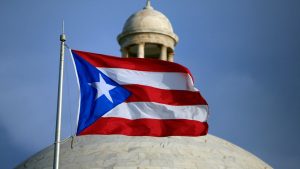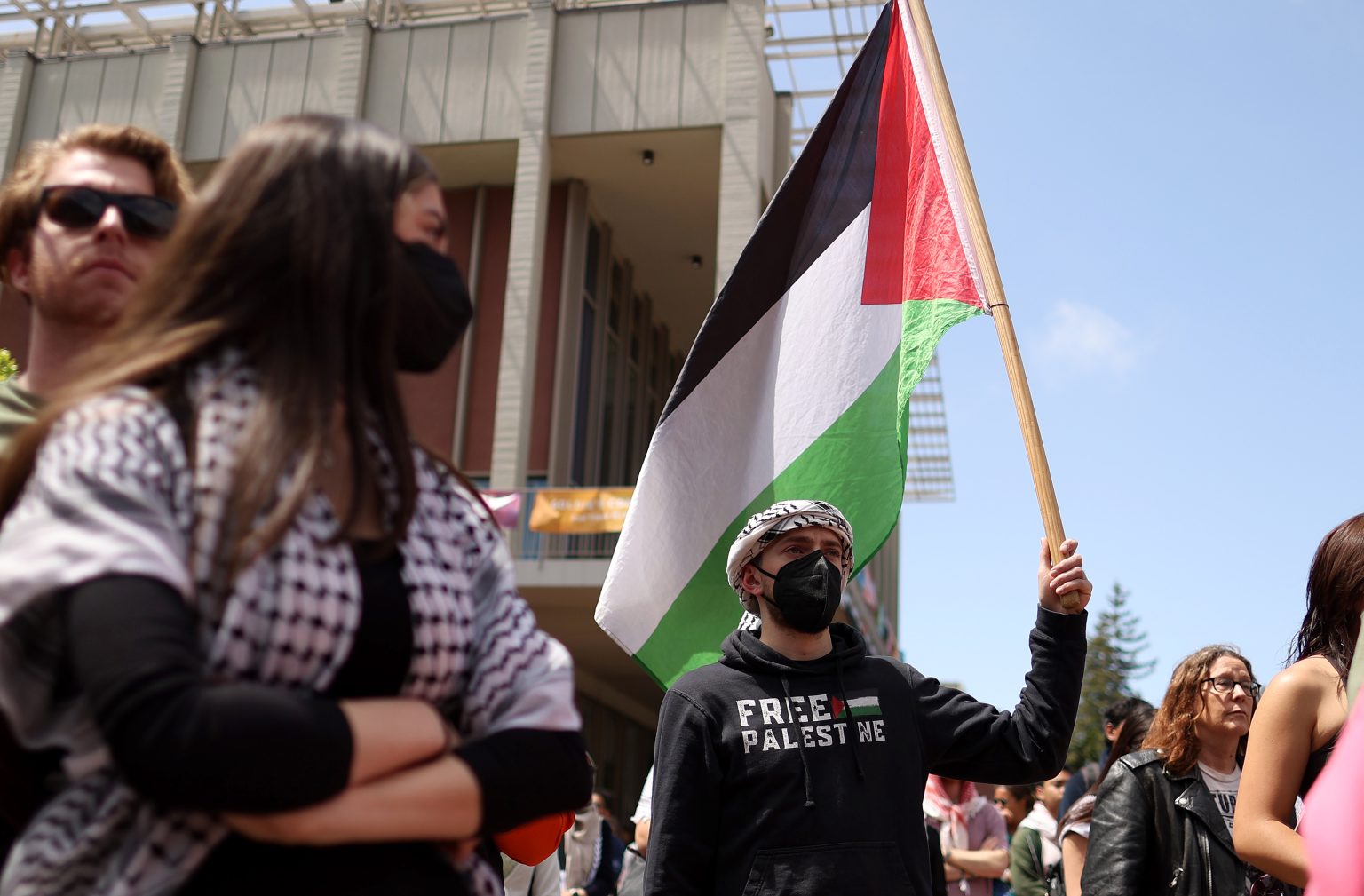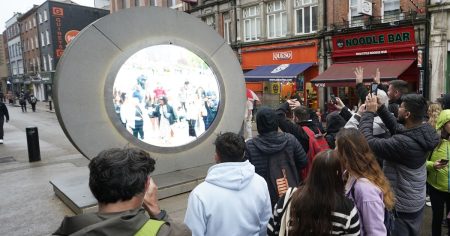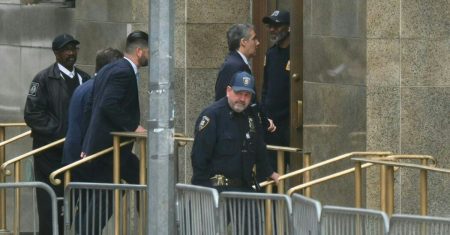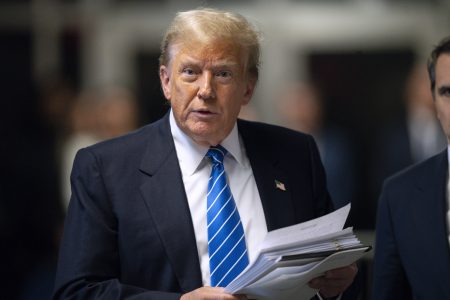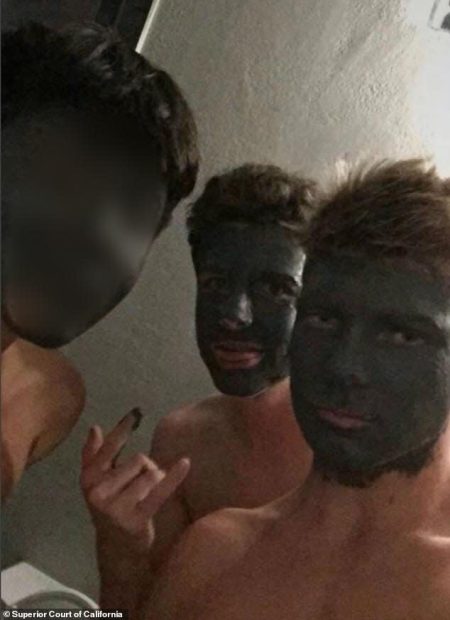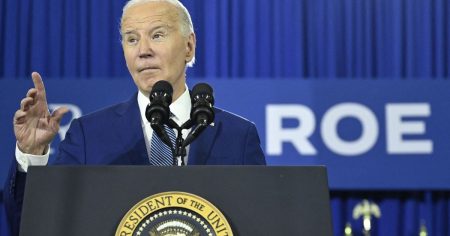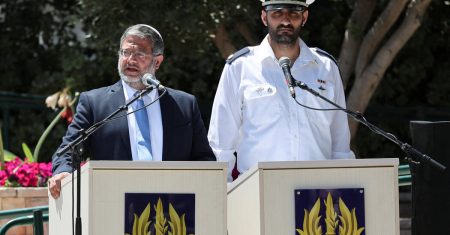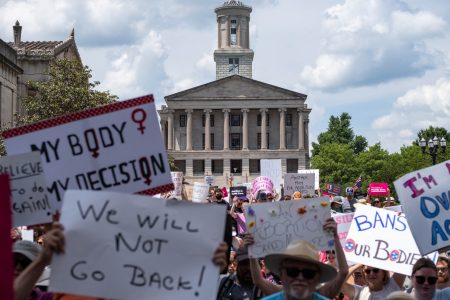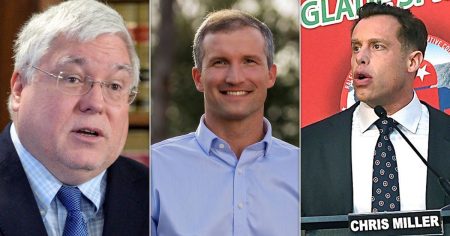Pro-Palestinian protests on college campuses have garnered national attention in the wake of the October 7, 2023, Hamas attack on Israel, which left about 1,200 people dead. These demonstrations, led by students and some faculty members, aim to call for a ceasefire and an end to the violence against Palestinians. While critics label the protests as “antisemitic,” Jewish Voice for Peace (JVP), the largest progressive Jewish anti-Zionist organization globally, and some Jewish-American politicians express support for the demonstrations, emphasizing the importance of peacefully protesting against the Israeli government’s actions.
JVP’s executive director, Stefanie Fox, commended the students participating in the demonstrations and praised their efforts to peacefully protest against the U.S. support for the Israeli military. According to Fox, many Jewish students are also involved in the protests, challenging the notion that criticizing the actions of the Israeli government equates to antisemitism. Israeli Prime Minister Benjamin Netanyahu raised concerns about the protests, drawing parallels to the antisemitism that occurred in German universities in the 1930s, a comparison that has garnered criticism and backlash from various quarters.
Campus demonstrations have led to the suspension of JVP’s chapter at Columbia University, as well as multiple student arrests at various universities, including Washington University in St. Louis, where Green Party presidential candidate Jill Stein and students were detained. Notably, Senator Bernie Sanders, another Jewish-American, voiced support for the protests, highlighting the humanitarian crisis in Gaza and the pressing need for a ceasefire. Jill Stein’s campaign manager expressed solidarity with the students’ demands for peace and civil liberties, affirming the significance of student activism in upholding moral values.
The advocacy group IfNotNow, comprised of American Jews, has also been calling for a ceasefire and an end to the Israeli military atrocities, rejecting the notion that their tax dollars should fund such actions. Despite Israel’s rejection of accusations of apartheid, IfNotNow and other organizations continue to challenge the Israeli government’s treatment of Palestinians and demand justice and equality. However, political leaders such as House Speaker Mike Johnson and Senator John Fetterman have criticized the protests, citing concerns of antisemitism and expressing unwavering support for Israel amid the ongoing conflict.
The debate surrounding pro-Palestinian protests on college campuses highlights the complex dynamics of Jewish-American support for the demonstrations, with JVP and political figures like Bernie Sanders endorsing the need for peace and condemning the violence in Gaza. As criticism mounts and tensions escalate, the role of student activism in bringing attention to human rights issues and challenging political narratives emerges as a central theme in the ongoing discourse surrounding the Israeli-Palestinian conflict. It remains to be seen how these demonstrations will shape conversations about antisemitism, free speech, and U.S. foreign policy in the context of the broader Middle East conflict and the quest for peace in the region.
